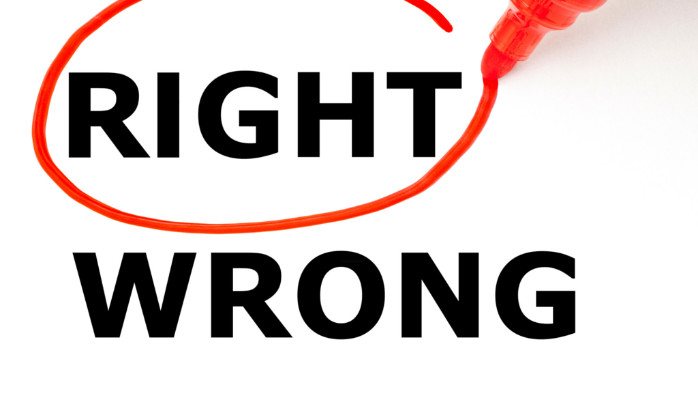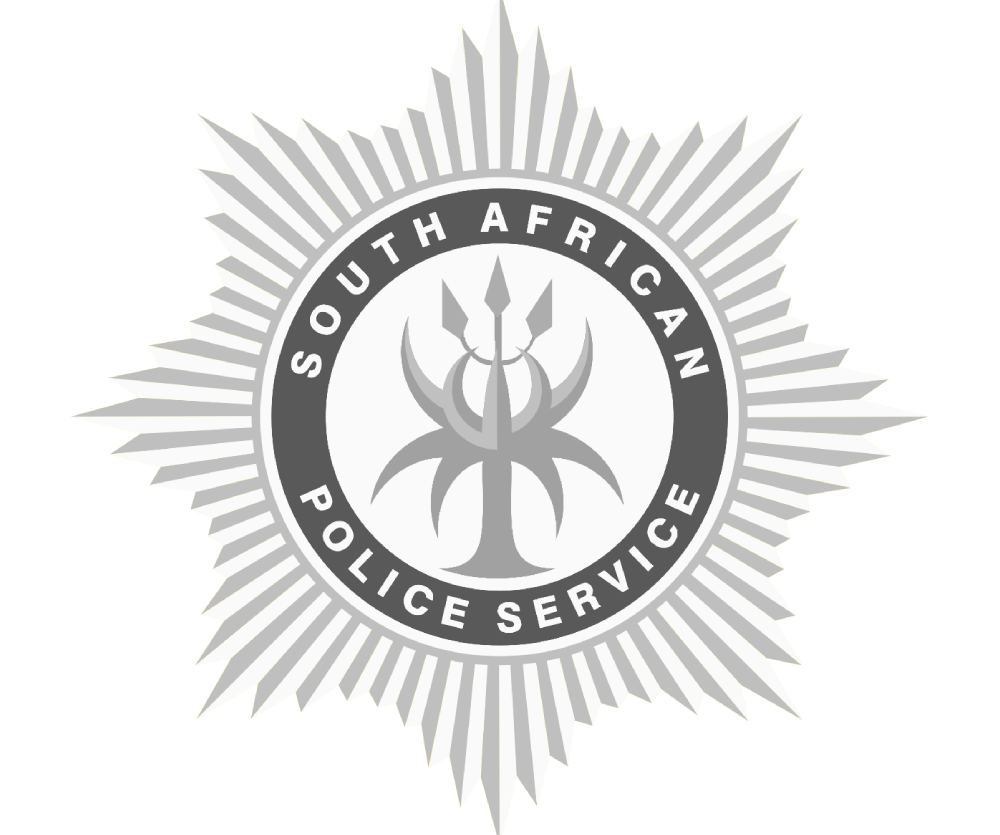When it comes to validating South African documents for international use, obtaining an apostille is crucial. Welcome to the world of apostille, also known as authentication or legalisation. Apostille is the confirmation that a signature, seal or stamp on an official South African public document is genuine. It is a convention – the Hague Convention of 1961 – that helps governments recognise and accept each other’s documents as long as the signature has been verified. This eliminates the need to know what, for example, a birth certificate looks like in different countries around the world
In order for your documents to be successfully recognized abroad, it is important to understand the specific requirements of the apostille process. Unfortunately, this can sometimes be tedious, with much governmental red tape to work through. And like with most South African government services, the process of obtaining an apostille can be intricate, and errors in the process can lead to delays, rejections, or even rendering the document invalid. In this blog post, we will discuss some Getting an Apostille in South Africa – Common Mistakes To Avoid and provide tips on how to avoid them, ensuring a smooth and hassle-free experience.
 Lack of Understanding the Apostille process
Lack of Understanding the Apostille process
One of the most common mistakes people make is not fully understanding the apostille process. It’s important to familiarise yourself with the specific requirements and procedures of the country where the apostille will be used. Each country has its own requirements for apostilles and failure to comply with these may result in rejection. For example, not all countries are signatories to the Apostille Convention, countries such as Angola, Zimbabwe or United Arab Emirates (UAE) are not members of the Apostille Convention and any South African document required by these countries will receive an Authentication Certificate instead of an Apostille Certificate. It should be noted that some of these countries may require additional legalisation by their local consulate or embassy in South Africa. Checking the Apostille eligibility of the intended destination country can save you time and the frustration of having documents returned for correction.
- Incorrect Document Preparation
Before you start the apostille process, it’s important to check that your South African documents are eligible for legalisation. Not all documents are eligible for a DIRCO Apostille; for example, photocopies and abridged copies of birth, marriage or death certificates issued by the Department of Home Affairs (DHA) are not accepted. DIRCO also does not accept laminated or handwritten certificates issued by the Department of Home Affairs for apostille, only computerised versions. Police Clearance Certificates must still be valid to be eligible for Apostille, expired PCCs will be rejected. For those seeking an Apostille for their educational certificates, DIRCO does not want your original degree, don’t send it. Send your SAQA letter or a certified copy of your degree, notarised and certified by the High Court. Other documents, such as powers of attorney or company documents, may require additional steps before the apostille can be obtained. Finally, if your document has a High Court apostille, DIRCO will not affix any other apostille to your document. The High Court Apostille is sufficient. Again, before starting the apostille process, confirm that your document is eligible for an apostille and, if necessary, consult a legal expert or the relevant authority.
- Insufficient Notarization
In South Africa, the type of document that requires an Apostille will determine whether your document requires a High Court or Dirco Apostille. Generally, documents issued by government departments, such as the Department of Home Affairs or the South African Police Service, must be authenticated by DIRCO in Pretoria. However, other public documents, usually a copy, must first be notarised by a notary public and then authenticated (apostilled) by the High Court in the area where the notary public practises. In other words, for a copy of a document to be eligible for an apostille, it must often be properly notarised. This means that the notary must follow certain protocols, including verifying the identity of the signer and ensuring that the signature is genuine. In addition, the notarisation must include the notary’s signature, seal and date of notarisation. Failure to comply with these requirements may result in the invalidation of the notarisation, thereby preventing the apostille process.
Trust the Professionals
Obtaining an Apostille in Johannesburg, Pretoria, Durban or Cape Town can be a complex and time-consuming process. Avoiding common mistakes is crucial to the success and efficiency of the apostille process. By understanding the apostille requirements of the destination country, verifying document eligibility, properly preparing documents, ensuring appropriate notarisation and following the specific procedures laid down by the issuing authorities in South Africa, you can minimise the chances of errors and refusals.
When it comes to Apostille services, it is advisable to seek professional assistance to ensure a smooth process. Global Apostille’s legalisation services are a trusted and reliable option for Apostille services in South Africa. With our expertise and knowledge in handling apostilles, we can guide you through the process, help you avoid common mistakes and ensure a seamless experience. Whether you require an Apostille for personal or business purposes, Global Apostille’s Legalisation Services can provide you with the support and expertise you need. Our commitment to excellence and attention to detail makes us the ideal choice for all your apostille needs.
Seeking professional services, such as those offered by Global Apostille’s Legalisation Services, will greatly simplify the Apostille process and ensure that your documents are properly validated for international use. For more information, please contact us at: Tel: 012 348 3134; Mobile: 081 347 6060; Email: info@apostillelegalisation.co.za


 Lack of Understanding the Apostille process
Lack of Understanding the Apostille process






